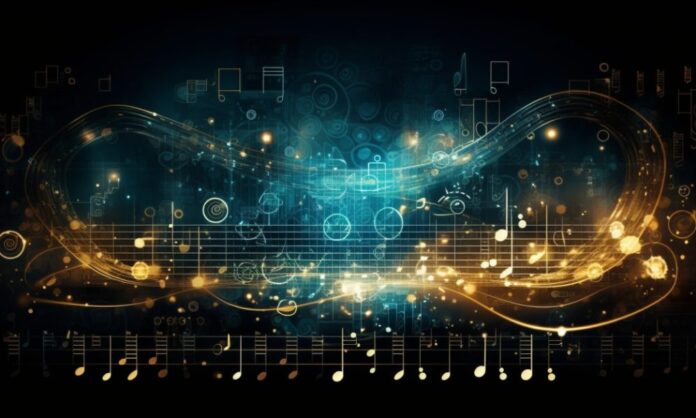AI-Generated Song Mimicking Drake’s Style Submitted for Grammy Consideration
AI’s Capabilities in Mimicking Human Creativity
The concept of AI-produced music isn’t new, but the fact that an AI-generated song could be deemed worthy of a prestigious award like the Grammy is a significant milestone. The AI behind the Drake-like song was trained using data from existing Drake songs, allowing it to understand and reproduce the rapper’s unique style. While human emotion and lived experience can’t be entirely replicated by an algorithm, the technology has reached a point where the end product is sophisticated enough to warrant professional recognition.
The Advancements in Machine Learning Algorithms
The submission of this song highlights the advancements in machine learning algorithms and their capability to mimic human creativity. The algorithm used to create the song was trained on a large dataset of Drake’s songs, allowing it to learn patterns and nuances that are characteristic of the rapper’s style.
Where Do We Draw the Line?
The submission of an AI-generated song for a Grammy award raises many questions. Who owns the rights to a song created by a machine? Is it ethical for such a creation to compete with human-made art for prestigious awards? Can machine-generated art ever capture the depth and nuance that come from human experience?
The Ethical and Artistic Dilemmas
The acceptance of machine-made creations could either democratize the world of art production, making it more accessible, or it could marginalize human artists who can’t compete with the speed and efficiency of AI algorithms. Moreover, what does it mean for the future of music if machines can emulate our favorite artists? Will we reach a point where it becomes difficult to distinguish between human-produced and AI-generated music?
Industry Response and Future Prospects
The music industry’s response to this groundbreaking submission will be closely monitored. If the song gains significant traction or even wins the award, we may witness a seismic shift in how music is created, distributed, and awarded. The tools to create art will be further democratized, with more people gaining access to sophisticated music-producing algorithms.
The Potential Impact on the Music Industry
The submission of this song could result in a homogenization of art, where individual creativity is overshadowed by machine efficiency. Additionally, the industry will need to navigate a new legal landscape that accounts for the ownership and rights associated with machine-generated music.
Conclusion
The submission of an AI-generated song for Grammy consideration marks a watershed moment in the integration of technology and art. It not only illustrates the leaps made in machine learning capabilities but also forces us to confront the ethical and artistic dilemmas of a future where machines can create. Whether we view this development as an opportunity for creative expansion or a threat to human artistry, one thing is clear: the landscape of music, and potentially all creative endeavors, is on the cusp of radical change.

